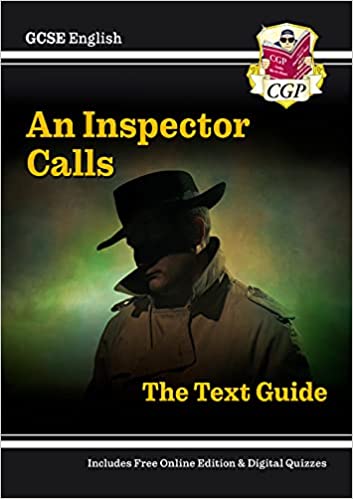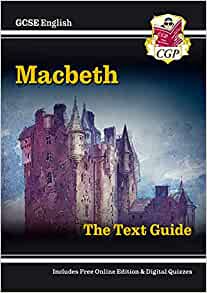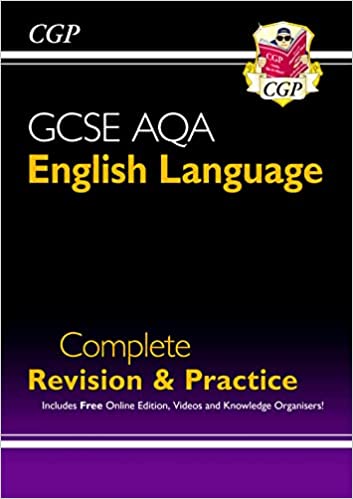IELTS exists for the International English Language Testing System, an assessment test for the English language for those seeking international education, job, or migration. The test is carried out to assess English language skills that are needed to survive in English-speaking countries. There are two types of IELTS examination- IELTS Academic and IELTS General Training.
In a nutshell, IELTS is a testing system that grades your English language skills based on four crucial aspects of a language- speaking, writing, reading, and listening. In most situations, preparing for exams means many hours of sitting and reading. However, one can do more than studying lengthy IELTS study guides and review books. Being a student or a professional who wants to migrate to English-speaking countries, you might often think about How to score good marks in IELTS? It is a known fact that spending more time and effort on IELTS preparation will help achieve a higher score. So in this article, we will confer some tips that can help you prepare and score well in the IELTS exam. However, these tips are more helpful if you are a beginner.
Tips To Prepare For IELTS:
1: Learn Vocabulary-
English learners are taught to put words into proper context, and that’s why you need to learn it by reading frequently. The more words you are exposed to, your vocabulary will improve. When reading, please pay close attention to the words you do not know and highlight them with a marker. You should figure out its meaning from the supporting context. After this:
- Search for its meaning in the dictionary.
- In addition, read and listen to challenging materials like English Newspapers so that you will be exposed to new words.
- Once you have learned the new word and its meaning, practice using it.
Because using a new word frequently will help you to learn English fluently. You must remember that it takes around 10 to 20 repetitions to make a word part of your daily speech. Moreover, you will need to list expressions that can be used in various academic contexts. Try to record phrases instead of individual words and use an excellent monolingual dictionary to ensure proper word arrangement. Don’t waste your time learning highly specialized words. Mark valuable expressions related to these topics and practice writing and talking about them in English. To learn more, use newspapers, magazines, and websites.
2: Read carefully-
You need to have a reliable English dictionary and work out the meaning of new words, ensuring that you do not translate them back into your language. To practice reading every day, make a checklist and ensure you have covered everything as firstly, make sure you know what is required for each task and check all the instructions carefully.
Use the work for additional clues about the content of the text. Don’t forget that the critical vocabulary may be explained to you in the text. Do not work with a dictionary until you have finished the task and considered your answer. Moreover, you can listen to English news or read an English newspaper every morning.
3: Improve your writing skills-
To enhance your writing skills, you need to record words as a consistent part of your English lessons. Construct both the definition and a sentence using the word on a file card that you can check later for reference. It would be best if you said the word loudly to begin your good, related memory and relate the word to words you surely know.
For example, a big word that implies tremendous has a similar intention to colossal, enormous, and expansive. Although, you need to practice timed writing to improve your speed.
4: Practice pronunciation and fluency-
The speaking components are divided into three parts: a structured interview, a short talk, and a free interview. You will be asked about two-three brief concerns on familiar topics that will last for 4 to 5 minutes. It would help if you got ready to give a talk for 2 minutes in the brief talk section. You will be given a minute to prepare for your discussion, and the whole section will take 3 to 4 minutes. Below are tips on what is examined in IELTS speaking and how to prepare for it.
Steady practice is all that it takes. By using a new word or a correct pronunciation, you will be reinforced to practice what you have learned and imprint it in your mind. Moreover, it signals to whoever taught you the new skill, whether your friend or teacher, that you have consistently tried to memorize something that has been taught. To work on fluency, rehearse talking for a considerable long time. Talk aloud in English to hear yourself pronounce the word. You can also record yourself speaking on different topics as much as you can.
On the other hand, if you want to practice pronunciation, listen to spoken English as much as possible, like TV, radio, and movies. Repeat phrases after the speaker in recordings to help you speak in word groups and accent appropriately. You can also transcript and listen to yourself as much as you can.
5: Work on your listening skills-
You can listen to the English news every morning and try to write and analyze them. Use the time to think about the task content and focus on preparing your listening skills. Ensure you know what is required for each task and look for the instructions. After checking the answers, listen again, and try to work out any problem if it occurs.
Remember that you hear the recording once, and do not pause in between when you are practising. Finally, listen one more time to it and highlight valuable expressions.

Conclusion:
Scoring well in IELTS can be difficult, but it is not impossible if you prepare for it well and work harder than you can achieve success. In the above article, we have mentioned some tips that can help you with your IELTS preparation. Just remember to practice, and more practice is the only key to fulfilling your dream of migrating to a foreign country. Read more about how you can get help regarding your studies in foreign countries.
About English Made Simple

English Made Simple is a website dedicated GCSE English, IELTS Preparation and other things providing useful content to readers all across the world on how to improve their English.







